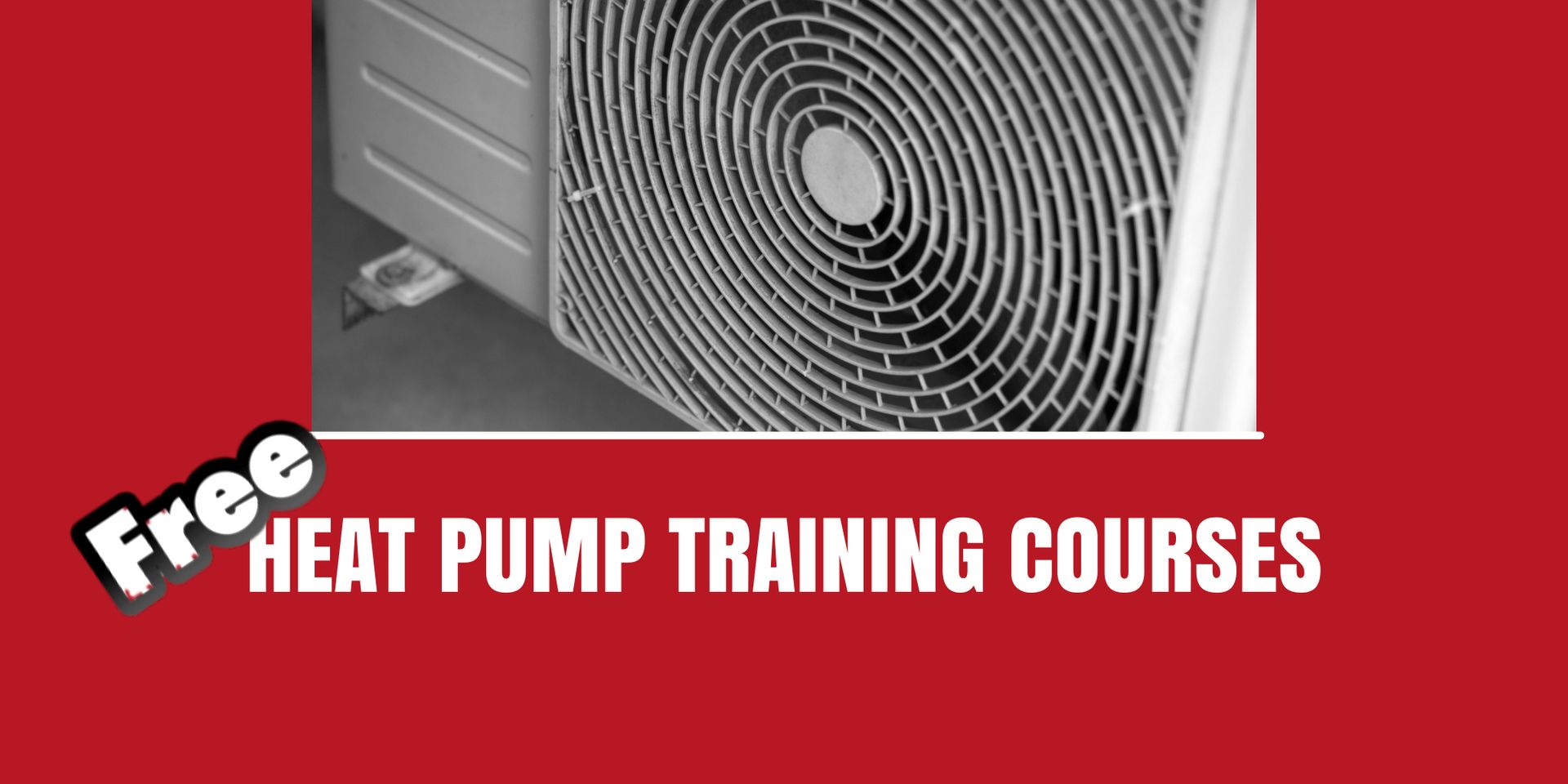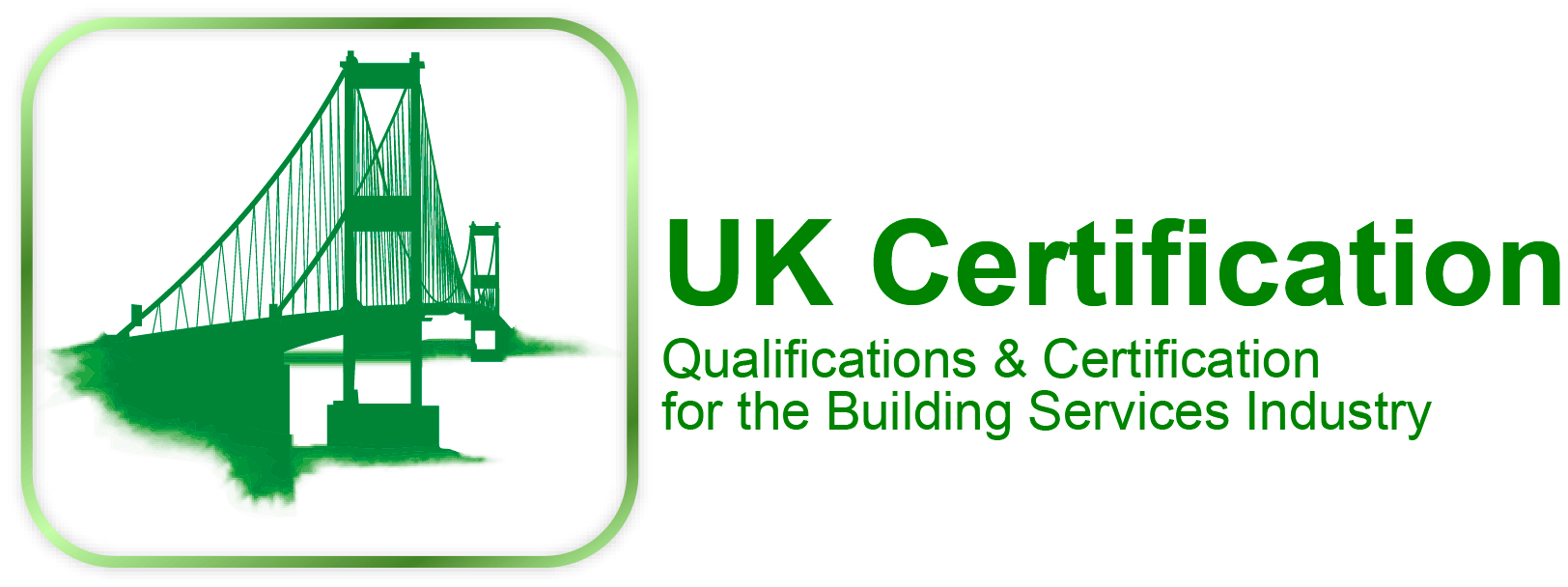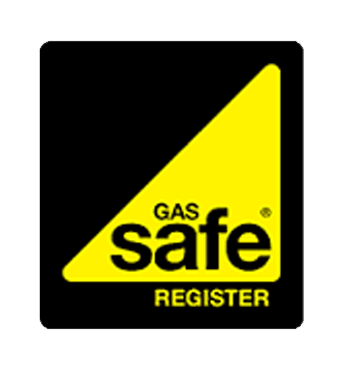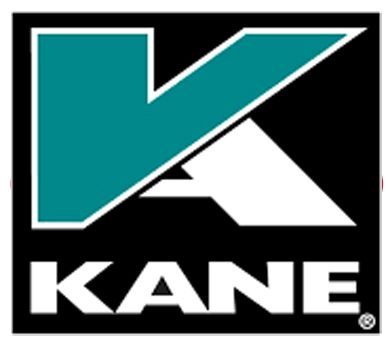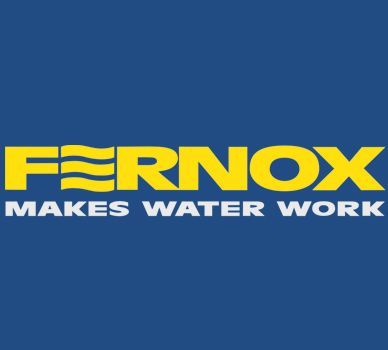Can you catch Legionnaires’ disease from a shower?
What is Legionnaires’ disease? Is it serious? Can you catch Legionnaires’ disease from a shower, hot tub or air conditioning when on holiday?
When you go on holiday, you expect to come home with a tan, a little less money, a few extra pounds, a sunnier disposition…
… a potentially life threatening infection…
Legionnaires’ disease is a lung infection – a severe form of pneumonia that causes lung inflammation. It is not a particularly common infection but can be very serious if left untreated.
So how does Legionnaires’ disease spread? Can you catch Legionnaires’ disease from a shower? From using a hot tub or turning on the air conditioning?
Can you catch Legionnaires’ disease from a shower?
The simple answer to the question: ‘can you catch Legionnaires’ disease from a shower?’ is yes. Legionnaires’ disease is caught by inhaling tiny droplets of water containing legionella bacterium. It is very rare that you will catch it at home, in ponds, rivers or lakes, or by drinking water. You can’t catch it from other people. In most cases, the bacteria will get into the water supply of hotels, offices or hospitals, which is why the infection has become synonymous with holidays.
Symptoms of Legionnaires’ disease
As it is a lung infection, the main symptom of Legionnaires’ disease is developing a bad cough. It is important to seek medical help if your cough manifests alongside the following symptoms:
- Breathlessness
- Severe chest pain
- High temperature
- Severe flu-like symptoms
- Muscle pain-free
- Chills
- Headache
- Gastrointestinal issues
The cough itself may bring up mucus and in some cases, blood.
Treatment
Treatment for Legionnaires’ disease is usually carried out at hospital. These include intravenous antibiotics, oxygen and/or a machine to help you breathe. Once you are well enough to be discharged, you will take antibiotics for between one to three weeks at home.
Run the shower
When going on holiday, you’re likely to use your hotel or apartment shower a lot, particularly if you are heading somewhere warm. However, do you know how long it’s been since the shower was last used? Are you certain the water supply hasn’t been affected by legionella bacterium?
The best way to eradicate risk is to first run the shower using only cold water for five minutes, before running the shower as hot as you can for another five minutes before you shower for the first time. If possible, clean the shower head with disinfectant. Plus on your return home, do the same in your own shower if it hasn’t been used for seven days or more.
Clean that hot tub
Hot tubs are the perfect breeding ground for Legionnaires’ disease as the bacteria loves warm water. You can catch the infection by inhaling steam as you soak in your hot tub. Therefore, make sure the hot tub is regularly cleaned and that the disinfectant levels are correct. Your hot tub should be drained and thoroughly cleaned every three months.
If your holiday accommodation comes with a hot tub, make sure that it has been cleaned and the correct disinfectants have been added.
Learn more about the subject
Gas Training & Assessment runs regular legionella courses; for more information please contact us on 01268 727797.
We hope you found our article ‘Can you catch Legionnaires’ disease from a shower?’ of interest. The answer to ‘can you catch Legionnaires’ disease from a shower, hot tub or air conditioning?’ is yes but by utilising the right precautions, there is no reason for you to return home with anything but a tan!












